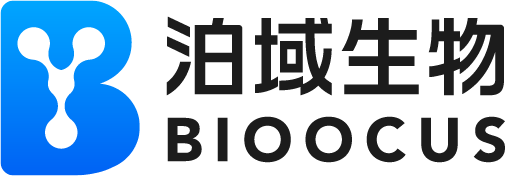Comparative Study of ATG-T vs. ATLG in TBI-Based Conditioning for Allogeneic Hematopoietic Stem Cell Transplantation
The 29th Annual Meeting of the European Hematology Association (EHA), held from June 13 to 16, 2024, in Madrid, Spain, showcased groundbreaking research from global experts. Among the notable contributions was a study by Dr. Lu Yue’s team at Lu Daopei Hospital, presented by Dr. Xu Fang (Poster P1299), which compared the efficacy of rabbit anti-human thymocyte immunoglobulin (ATG-T) versus rabbit anti-human T-cell immunoglobulin (ATLG) in total body irradiation (TBI)-based conditioning regimens for alternative donor allogeneic hematopoietic stem cell transplantation (HSCT) in patients with acute lymphoblastic leukemia (ALL).
This retrospective study aimed to evaluate the safety and effectiveness of ATG-T and ATLG in preventing graft-versus-host disease (GVHD) among ALL patients undergoing haploidentical (HID) or matched unrelated donor (MUD) transplantation. The research covered 142 patients treated at the center between January 2018 and December 2022. All patients received TBI-based myeloablative conditioning, with GVHD prevention using either ATG-T or ATLG.
- Patient Demographics: The study included 24 patients with T-cell ALL (T-ALL) and 118 with B-cell ALL (B-ALL). Among them, 64 had previously undergone CAR-T therapy, and 10 were receiving a second transplant.
- GVHD Incidence: The incidence of grade II-IV acute GVHD at 100 days was significantly lower in the ATLG group compared to the ATG-T group (26.8% vs. 62.1%). However, the rates of grade III-IV acute GVHD and chronic GVHD were similar between the two groups.
- Viral Infections: The ATLG group had lower rates of Epstein-Barr virus (EBV) viremia, post-transplant lymphoproliferative disorder (PTLD), and human parvovirus B19 viremia compared to the ATG-T group.
- Long-Term Outcomes: Five-year overall survival (OS), leukemia-free survival (LFS), cumulative incidence of relapse (CIR), and transplant-related mortality (TRM) showed no significant differences between the two groups.


The study concluded that ATLG, compared to ATG-T, significantly reduces the risk of 100-day grade II-IV acute GVHD and certain viral infections while maintaining comparable long-term outcomes. These findings support the use of ATLG as a viable option for GVHD prevention in TBI-based conditioning regimens for ALL patients undergoing alternative donor HSCT.
Dr. Lu Yue’s team continues to advance research in this critical area, contributing valuable insights that shape the future of hematologic cancer treatments. Our company remains committed to supporting such innovative research and developing complementary CAR-T products that enhance patient outcomes.










